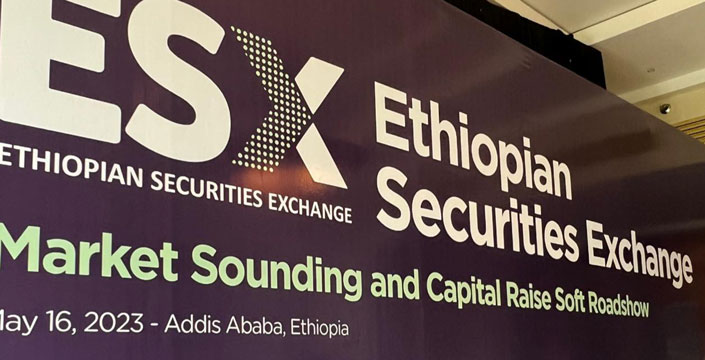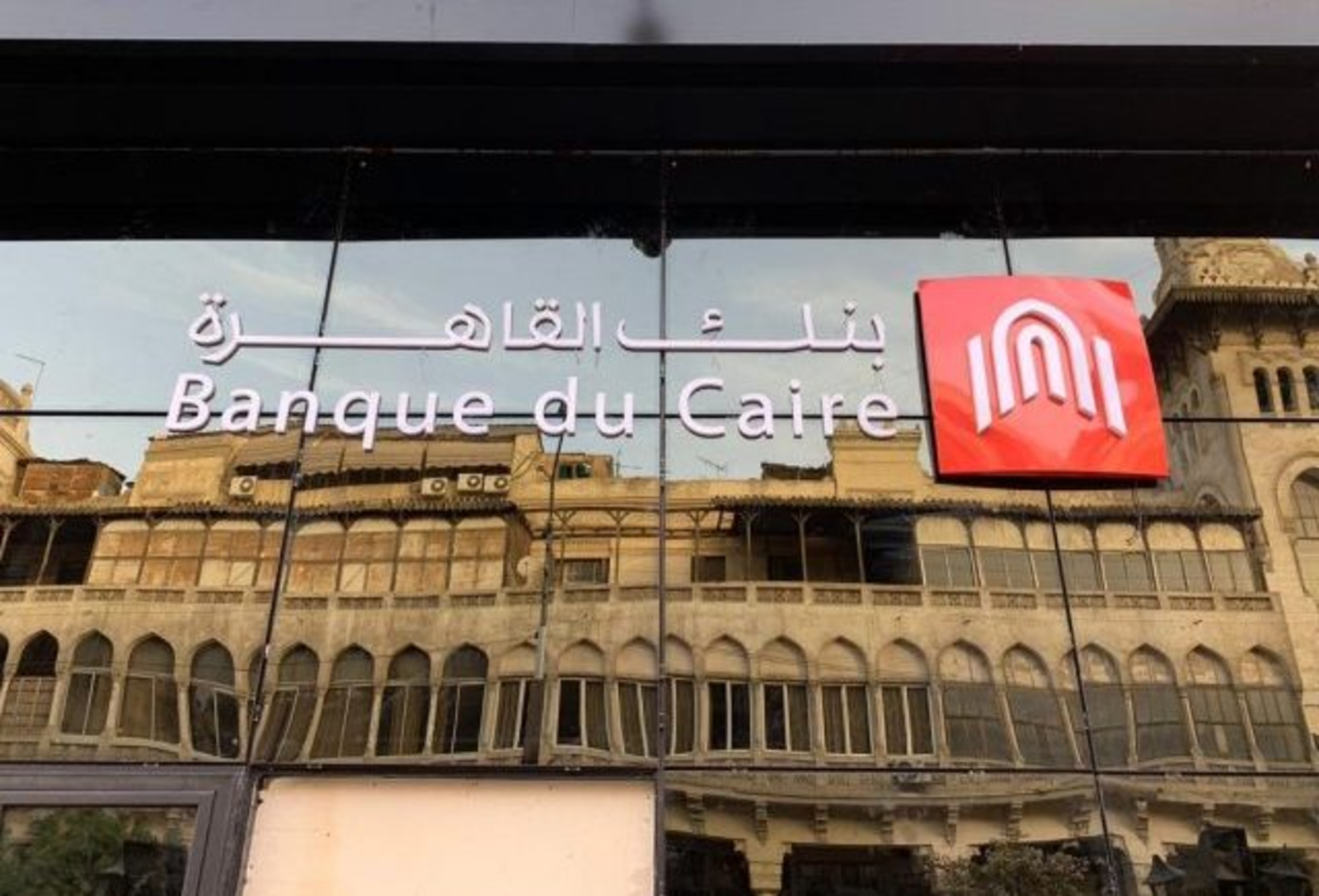

Good morning
Who’s really paying the price in Nigeria’s cash crunch? Here’s a guess, it ends with “U”.
PoS agents are already king when it comes to cash access in Nigeria, and new CBN policies are driving up withdrawal fees—especially in Lagos. With bank ATMs sidelined and withdrawal charges uncapped, Nigerians are paying more to get their money.
In many places across Lagos, you could pay up to 3% of the amount withdrawn in fees. Check out how these fees vary across locations in Lagos.

Startups
GoKada filed for bankruptcy

In October 2024, Nigerian logistics startup GoKada filed for Chapter 11 bankruptcy protection. The company, which raised $5.3 million in a 2019 Series A funding round, owes $1.8 million to its 20 largest creditors. This filing allows GoKada to restructure its debts while continuing operations, avoiding immediate liquidation.
According to an email from CEO Olutosin Oni to investors, GoKada struggled to stay alive throughout 2024. While the company remains operational, it marks a drastic shift in fortunes for Nigeria’s bike-hailing pioneer. Founded in 2018 by Deji Oduntan and Fahim Saleh, GoKada built one of the most recognisable brands in a space with competitors like ORide and Maxng.
The tide turned for the sector in 2020 when Lagos banned commercial motorcycles, nuking the opportunity for enterprising businesses. GoKada transitioned to logistics, switched to an asset-light model by partnering with third-party providers, and laid off staff to reduce costs.
Leadership also changed frequently, with Oni becoming CEO in 2022 after a series of transitions that included the tragic loss of co-founder Fahim Saleh in 2020.
Despite attempts to adapt, GoKada’s financial struggles persisted. A potential acquisition by logistics firm Kwik in 2022 didn’t materialise, and the filings showed revenues of $268,779 in 2023 and $118,988 in 2024 (up to October 2024).
While the Chapter 11 filing offers a lifeline, GoKada’s road to recovery will require grit.
Ride-hailing
Should gig drivers consider alternative forms of fuel?

Nobody likes a petrol price hike. It raises transport costs, and for some, affects the cost of generating power supply. But spare a thought for gig drivers, who deal with petrol economics daily.
In South Africa, petrol prices surged twice in December 2024 and January 2025, driven by high global oil prices and a weak rand. Gig drivers in South Africa now pay R21.59 ($1.14) per litre, with prices expected to rise again in February.
In response, MyBroadBand published an article exploring the cost-saving potential of switching to liquefied petroleum gas (autogas) vehicles. They found that a gig driver travelling 20,000 km per year could save R978.59 ($52) on fuel costs. However, the upfront cost of converting a petrol car to LPG is still a major barrier.
The situation in Nigeria is not much different. After petrol prices spiked from ₦145 to over ₦1,000 ($0.67) within eighteen months, gig drivers started looking into compressed natural gas (CNG) as an alternative fuel. We’ve previously written about the growing support for CNG in Nigeria and the cost of converting a petrol car to CNG. It will cost between ₦750,000 ($486) and ₦2.5 million ($1,620) to retrofit CNG engines in your vehicle.
Compared to petrol, CNG costs ₦230 ($0.15) per litre. A gig driver with a Toyota Corolla travelling 20,000 km a year would spend ₦343,000 ($223) on CNG refuelling, while the same distance with petrol would cost ₦1.5 million ($968).
With the cheaper price of CNG, drivers can save even more as they travel longer distances.
However, what are the risks of these retrofitted cars? There’s no conclusive answer to this question. Without wider adoption, we cannot know how safe these retrofitted engines are.
Economy
Ethiopia to launch its stock exchange

On January 10, 2025, Ethiopia will open the Ethiopian Stock Exchange (ESX), its domestic bourse. The ESX will become Africa’s 30th stock exchange, and CEO Tilahun Kassahun has expressed optimism to list 50 companies on the bourse in five years—either through an IPO or “by introduction.”
Ethio Telecom, the largest telco in the country, will be the first company to list on the exchange, selling 100 million shares for $2.54 each. Through the initial public outing (IPO), the government, which majorly owns the telco, is expected to raise 30 billion birr ($234 million). It is part of the government’s plan to open up previously state-controlled industries and provide a capital injection into Ethiopia’s underfunded market.
Talks for a stock exchange started in 2021 after a capital markets bill was presented to lawmakers to establish a bourse through a public-private partnership. While the bourse will provide a regulated space for domestic equity funding, it is launching into a market that has already been introduced to investing. Global wealth-tech platforms like Avatrade allow Ethiopians to buy foreign stocks—so this ticks off the “lack of education” problem.
However, Ethiopia is grappling with inflationary pressures and an increasingly strained fiscal environment. Corporations may be open to raising capital through public offerings, but the macroeconomic squeeze could also limit retail investor participation, reducing the pool of available funding.
The success of the exchange will hang on a delicate balance between attracting corporates and engaging retail investors.
We’ve seen from successes like the Nigerian Stock Exchange (NGX), which recently played a crucial role in helping banks raise money in a high inflationary environment, that the economic situation in the country does not paint the full picture. The ESX will likely rely on making its platform easy to use and accessible to retail investors. But first, its biggest task: getting companies involved.
Banking
Is 2025 the year we see Banque du Caire’s IPO?

As Ethiopia prepares to launch its stock exchange, Egypt is set to list the country’s 6th biggest bank—or the 1040th company—on its bourse.
On Wednesday, Al Mal reported that Banque du Caire—or Cairo Bank—is expected to list on the country’s exchange in the second half of the year.
Conversations about the bank’s IPO date back to 2020. The bank was on the cusp of completing a $500 million listing in London and Cairo in 2020 when Covid hit. Al Mal previously reported in December 2024 that the bank was going to list in the first half of 2025
If Banque du Caire lists on Egypt’s stock exchange, it matters on two levels.
The listing of the state-owned bank will continue the government’s privatisation efforts. Egypt’s privatisation programme is an important criterion for IMF support for the country’s struggling economy. The IMF in 2022 asked Egypt to divest more of its state-owned companies in order to receive support. Last year, the Egyptian government pledged that it was going to offer stakes in at least 10 state-held companies in 2025. The government in December sold 30% of its stake in United Bank which debuted on the Egyptian stock exchange in the same month.
Banque du Caire IPO will also help increase liquidity on the Egyptian Exchange. The Egyptian Exchange currently has a market capitalisation of approximately 2.2 trillion Egyptian pounds (EGP). The listing of one of the country’s largest lenders will attract both domestic and foreign investors, further boosting trading volumes on the exchange. Foreign investor participation on the EGX is around 20%-25% but bankers expect greater participation as companies like Banque du Caire join.
While the recent report might tip Banque du Caire for an IPO, critics say it’s unlikely to happen anytime soon. Critics argue that a strategic sale to a qualified investor, particularly from the UAE, would be a more advantageous route than an IPO. This would likely result in a better valuation and ensure a suitable “corporate parent” for the bank.
CRYPTO TRACKER
The World Wide Web3
Source:

|
Coin Name |
Current Value |
Day |
Month |
|---|---|---|---|
| $93,974 |
– 2.37% |
– 2.60% |
|
| $3,318 |
– 1.05% |
– 9.53% |
|
|
$6.03 |
+ 26.49% |
+ 16.18% |
|
| $18.21 |
+ 198.28% |
+ 118.25% |
* Data as of 05:30 AM WAT, January 9, 2025.
Opportunities
- The SusHi Tech Challenge 2025 is now open for applications from startups that are tackling the global challenge of “realizing Sustainable cities with High Technology (SusHi). With a grand prize of JPY10 million ($65,000), SusHi is offering business support for collaborations with government agencies and other organisations as well as pitching opportunities. Apply by January 15.
- Applications are open for the CcHub-Mastercard Foundation Edtech Fellowship 2025 (Cohort III). This program offers African edtech startups $100,000 in equity-free funding, expert mentorship, and access to an investor network. Eligible startups must focus on education solutions in areas like K-12, tertiary education, or vocational training, with verifiable users. Female founders are encouraged to apply. Don’t miss this chance to scale your edtech solution and transform education in Africa. Apply by January 31, 2025.

Written by: Ngozi Chukwu, Emmanuel Nwosu & Faith Omoniyi
Edited by: Timi Odueso & Olumuyiwa Olowogboyega
Want more of TechCabal?
Sign up for our insightful newsletters on the business and economy of tech in Africa.
- The Next Wave: futuristic analysis of the business of tech in Africa.
- TC Scoops: breaking news from TechCabal
P:S If you’re often missing TC Daily in your inbox, check your Promotions folder and move any edition of TC Daily from “Promotions” to your “Main” or “Primary” folder and TC Daily will always come to you.

from TechCabal https://ift.tt/0f15mrF
via IFTTT




Write your views on this post and share it. ConversionConversion EmoticonEmoticon